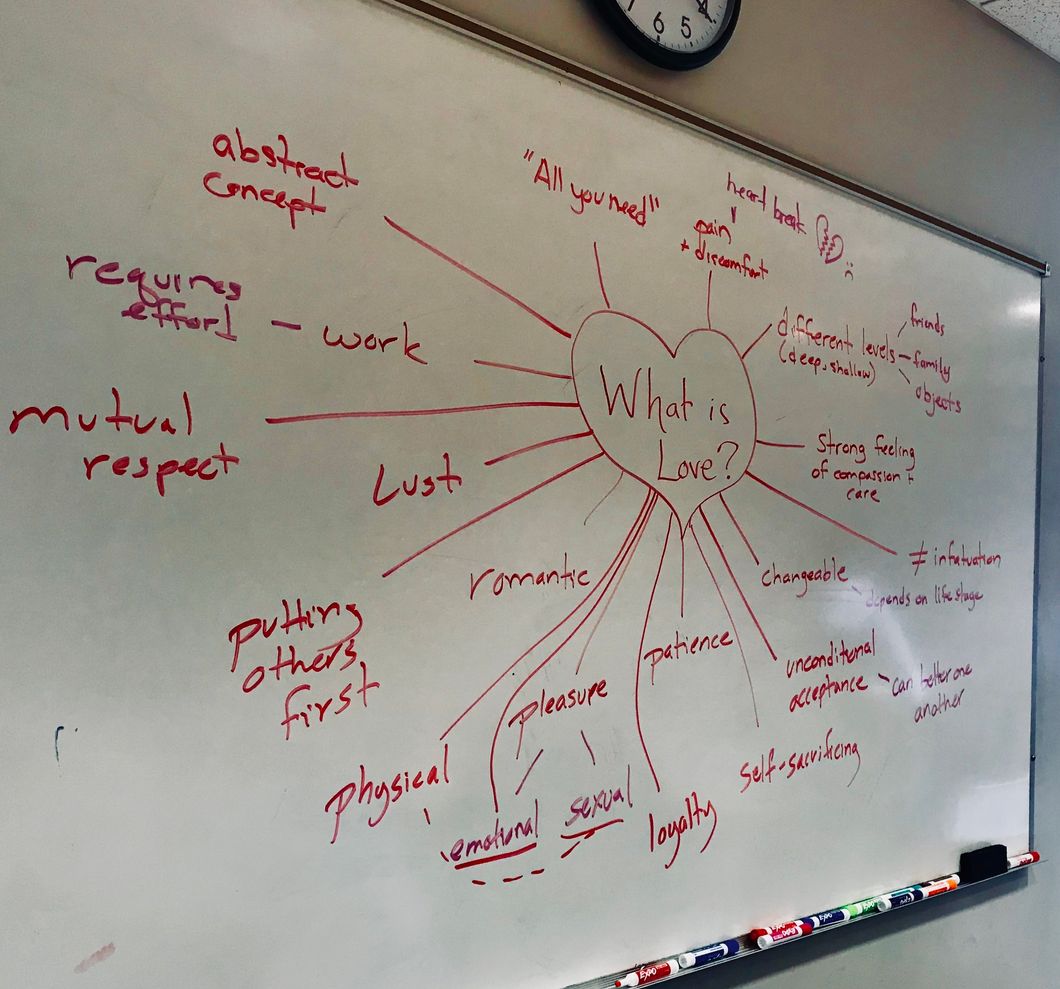Clementi Is The Most Important Musician You've Never Heard Of
What would life be without double-note scales?!
Muzio Clementi (whose full name is 20 syllables long) isn't an off-the-grid composer, but he isn't a very recognizable one in the 21st century. Unlike his better-known buddies who didn't pick up steam until after they were dead, Clementi enjoyed his fifteen minutes during his lifetime. He got the dope nickname "father of the piano" for creating musical techniques to fit the instrument as we know it today. For his first professional gig, Clementi toured around and taught as a freelance pianist, harpsichordist and organist.
But like, as a kid.
Ya, I know.
During one of his tours, Emperor Joseph II pawned Clementi and Mozart against each other in what can only be described as the musical equivalent of the final rap battle in 8 Mile. While Mozart fought it out with Clementi, Beethoven adored him and sampled some of Clementi's sonatinas in his own tunes.
Beethoven was crushing on Clementi's work so hard because it's beautiful and original, melodically speaking. The secret ingredient? Clementi created these melodies using math and his own music theories, which only adds to the full, circular sound of his scores.
He was trained on the harpsichord and the organ in his younger years, 'cause that's all they had! The "fortepiano" that sprang up later in his life was a new challenge for Clementi, but needless to say, he crushed it. Because the fortepiano (piano) offered a large dynamic range, he was able to create piano compositions in different moods and styles with dynamic and texture shifts. He marketed himself by showing off, performing intricate improvisations using his favorite flourish: double-note scales. When he retired from touring, Clementi continued his legacy by founding his own company for music publishing and piano manufacturing. By the end of the 18th century, Clementi was considered the pianist with the widest international fanbase.
Today, put Clementi in their Spotify playlists for his sonatas, and piano teachers are particularly fond of a compilation of piano studies for students called "Gradus ad Parnassum". Music students still groan at the thought of mastering one of his many intricate exercises. Though the process is a pain in the butt, learning Clementi's style can gift a student with a solid technical foundation and a better understanding of melodic progressions.




































